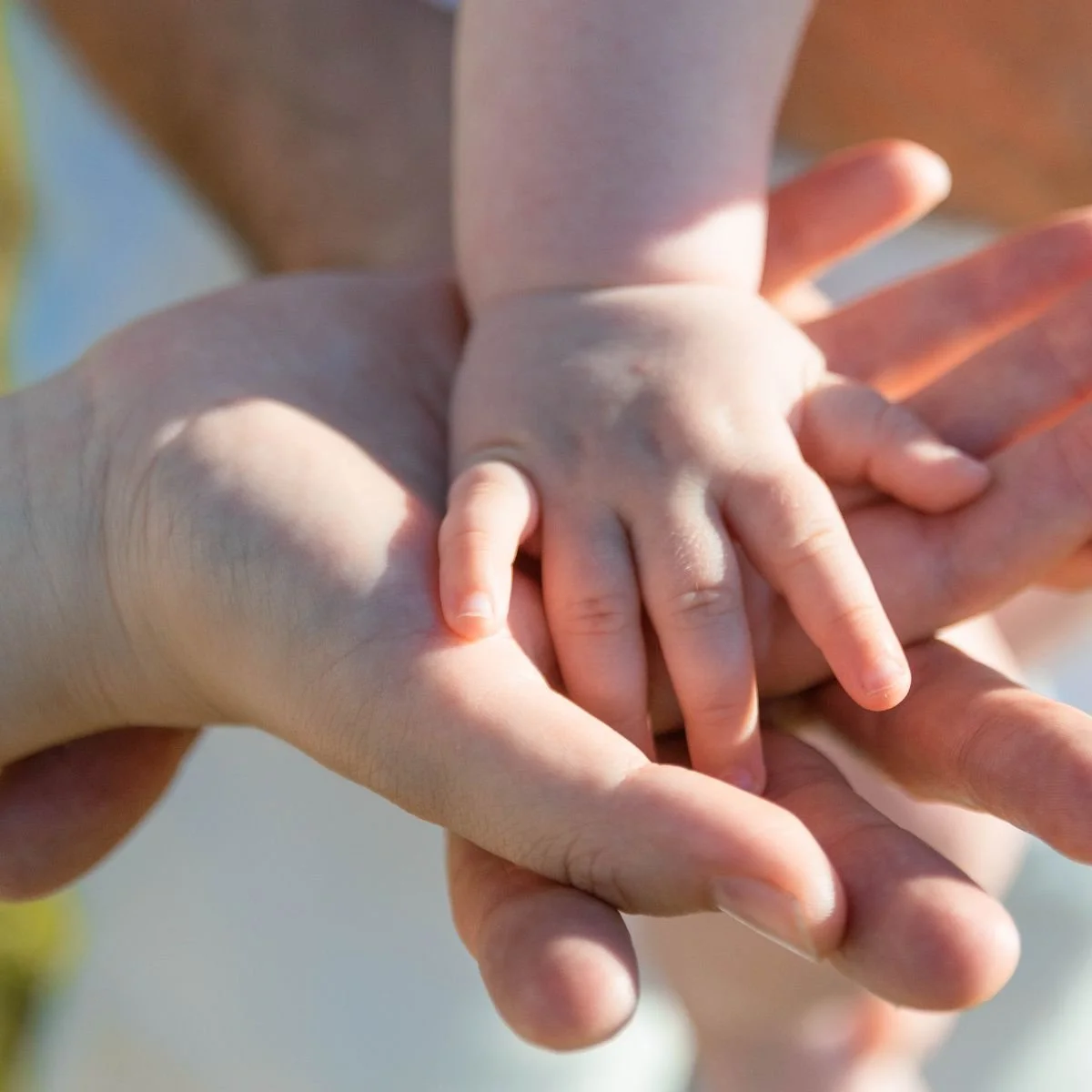What is Postpartum Depression and Anxiety?
For a woman, the postpartum period begins after childbirth and is also known as the fourth trimester. During this time the body undergoes a lot of change as it returns to a state of not being pregnant. Beyond physical changes, coming home with a new baby is a big adjustment and experiencing a wide range of emotions is to be expected. Feelings of gratitude and happiness are often mixed with feelings of worry and tiredness. Changes in emotions and sleep habits can affect your overall mood and wellness. It will take time to establish a new normal during the postpartum period, and this is completely normal. During this time, many women experience mental health difficulties such as postpartum depression and anxiety. Risk factors for postpartum depression and anxiety can be biological, psychological, or social. Biological, psychological, and social risk factors intersect differently for each person, making everyone's experience unique. Being knowledgeable about the risk for postpartum mental health difficulties is empowering as it can contribute to the early identification of disorders. Biological risk factors include, but are not limited to, poor nutrition, vitamin deficiencies, food insecurity, hormonal and body changes, genetic predisposition to illness, and adverse childhood experiences. Psychological risk factors include, but are not limited to, anxiety and mood changes, self-esteem issues, lack of emotional support, negative stressors, and transgenerational trauma. Social and cultural factors include, but are not limited to, lower socioeconomic status, discrimination, experiencing microaggressions, racial disparities, intimate partner violence, and limited access to insurance or quality healthcare. Postpartum depression is a type of depression that is experienced following childbirth. 1 in 7 women experience postpartum depression and for half of the women diagnosed it is their first time having a depressive episode. Symptoms of postpartum depression may begin before birth in the form of perinatal depression. Symptoms of perinatal and postpartum depression include sadness, frequent crying, fatigue, low energy, change in appetite, change in sleep habits, mood swings, difficulty making decisions, trouble connecting with your baby, and disinterest in your baby, family, or friends. These symptoms may be heightened if you are exposed to a stressor, you are in isolation, you have a baby whose sleep and hunger needs are irregular, you have a baby with health challenges, or it is your first time having a baby. Postpartum anxiety is heightened anxiety that is experienced following childbirth. One difference between the prognosis of postpartum depression and postpartum anxiety is that postpartum anxiety is not homogenous. There are many different forms such as postpartum obsessive-compulsive disorder, postpartum post-traumatic stress disorder, and postpartum panic disorder. General symptoms of postpartum anxiety include feeling tense, feeling dread, not being able to relax, thinking of worst-case scenarios, having trouble remembering things, doubting your ability to be a good parent, avoiding leaving the house, having panic attacks, feeling that something bad is going to happen, and dizziness, sweating, or shaking. If you are experiencing symptoms of postpartum depression and anxiety, you are not alone! Remind yourself that postpartum mental illness is treatable. It is important to talk openly about your feelings with loved ones and seek help from a registered psychotherapist or psychologist as needed. Overall, avoid putting pressure on yourself, give yourself grace, and be realistic about what you can accomplish while taking care of a newborn and yourself afterbirth. Once you choose, hope anything is possible (Christopher Reeve).




